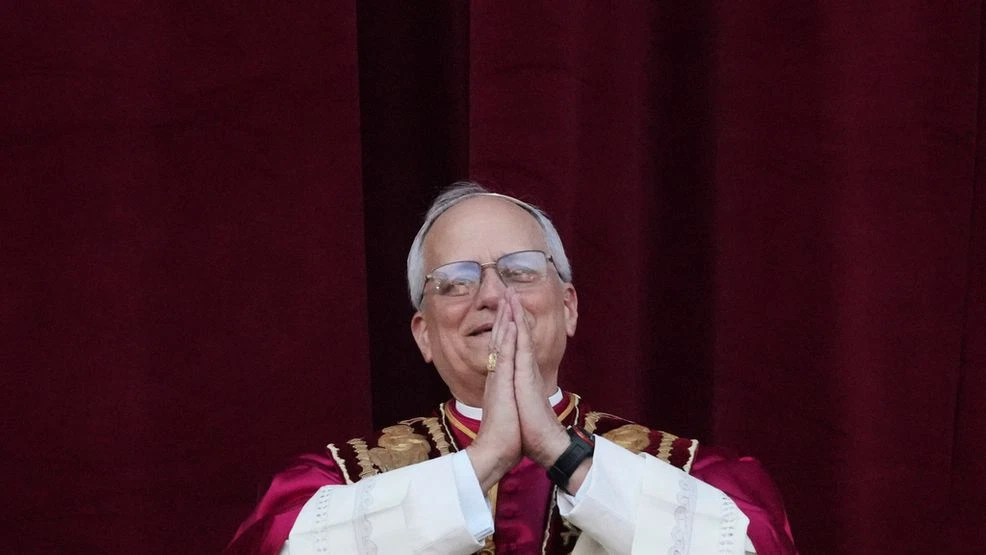Pope Leo XIV welcomed Hollywood stars, including Spike Lee, Cate Blanchett, and Greta Gerwig, to a special Vatican audience on Saturday celebrating cinema as a powerful tool for connection and reflection.
Speaking in a frescoed audience hall, the pope emphasized that film is “a popular art in the noblest sense, intended for and accessible to all.” He encouraged filmmakers to use their craft to include marginalized voices, noting that authentic cinema “does not merely console, but challenges” and can provoke profound emotional responses.
The event, organized by the Vatican’s culture ministry, mirrors past efforts by Pope Francis to engage with artists and entertainers, demonstrating the Vatican’s ongoing commitment to dialogue beyond the Church. For Leo XIV, the occasion held personal significance. The 70-year-old Chicago-born pontiff, the first American pope, recently shared his four favorite films: It’s a Wonderful Life, The Sound of Music, Ordinary People, and Life Is Beautiful.
During the audience, Leo spent nearly an hour greeting and conversing with participants individually, a rare gesture for such gatherings. He highlighted the decline of cinemas worldwide and urged institutions to affirm their social and cultural importance.
Celebrities expressed admiration for the pope’s message. Spike Lee presented Leo with a Knicks jersey bearing his name, while Cate Blanchett praised his understanding of cinema’s role in transcending borders and addressing complex social issues. She noted, “Sitting in the dark with strangers reconnects us to what unites us rather than what divides us.”
The audience also featured Italian stars like Monica Bellucci and directors such as Sally Potter and Gus Van Sant, who appreciated Leo’s reflections on slow cinema and the value of silence and beauty in film. Archbishop Paul Tighe, who helped organize the gathering, described the event as a “celebration of an art form touching the lives of so many people” and a step toward continued dialogue with the world of culture.
Saturday’s Vatican encounter highlighted the pope’s belief in cinema’s ability to inspire, challenge, and bring society together—reminding both the Church and the world that film is a universal language that belongs to everyone.

